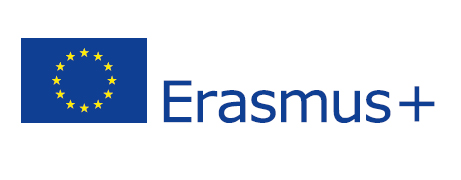
At the final meeting of ‘understanding media’, a cross media project looking at adult education, specifically critical media literacy education at alternative educative bodies across Europe, partners talked in Turku, Finland, about the project organisation, efforts, effectiveness and dared looking to the future of common work on the topic.
The project content and organisation was overall well received with some partners who would have wished to get more deeply into some details. All the partners are willing and interested in working together in the future. Below you can read more about the idea of a general media literacy toolkit to use for cross media training in Europe…
A short summary of the partnership evaluation
The partners considered that the project meetings were well organised, but in instances there wasn’t enough time for project content to be discussed more closely.
However, everyone felt that we have learned from each other, not only in a formal way, but also in an informal way through interpersonal relations. There is a feeling that the training was very
productive, and overall the syllabus and content is very similar for all partners, although the external situation differs a lot. It was really interesting to learn about youth and other training and take back to our own organisations this learning and introduce it in our own practices.
The networking aspect was invaluable, but to be able to understand media, partners felt more time would have been necessary to be able to examine in depth some aspects of media literacy training. At occasions, the workshops felt too rushed. More ‘mock training’ would have been better. However, overall, organisation was good.
The partners consider that the website is very good as a tool and the dissemination aspect was well work through the website, but also through the participation in the conferences, that allow for networking and exchanging xperiences with other organisations and individuals that weren’t part of the project. Dissemination was also done through the partner’s broadcasts and the materials for that were communicated well and in time.
We all have benefited immensely from the experience, and the learning from each other. It would be interesting to build a resource at European level, but it might be difficult due to the very different realities across Europe. However, as the objectives of community radio are the same, it would be possible to build a toolkit for media training with media literacy elements incorporated into it, that would allow trainers to decide what resources they want to use it their own local/regional/national training workshops. It might be interesting to put together questionnaires to know their terminology. The French federation of associative radio (SNRL) pointed out that media literacy and education are very interesting areas for its members.
The partners expressed an interest in developing media literacy resources by working together in this area. We can progress in this specific area by keeping in mind that resources should applied not only to radio, but to other types of media, as media literacy impacts the content of the information, independently of the broadcasting platform.
We felt that when dealing with media literacy is important to define what is our common understanding of the term.
What’s next?
Sadly the follow-up project UMAC (Understanding Media for Active Citizenship) we applied for with the Irish National Agency for the EU Erasmus+ Adult Education Programme did not receive funding. However, we are going to try again in January, since we feel that the field of media literacy training across Europe is an important one and the definition of “critical media literacy” as meant by alternative media outlets hasn’t at all spread enough across media borders.
In the meantime, some of the partners are continuing their work in more practical approaches in several smaller projects, teaching media literacy especially to young people. The topic of media literacy training will also be featured at the next AMARC Europe conference in Potsdam, Germany in November of 2014.
Edit: Joy oh joy, we received the funding for UMAC after all. More information to come soon!



